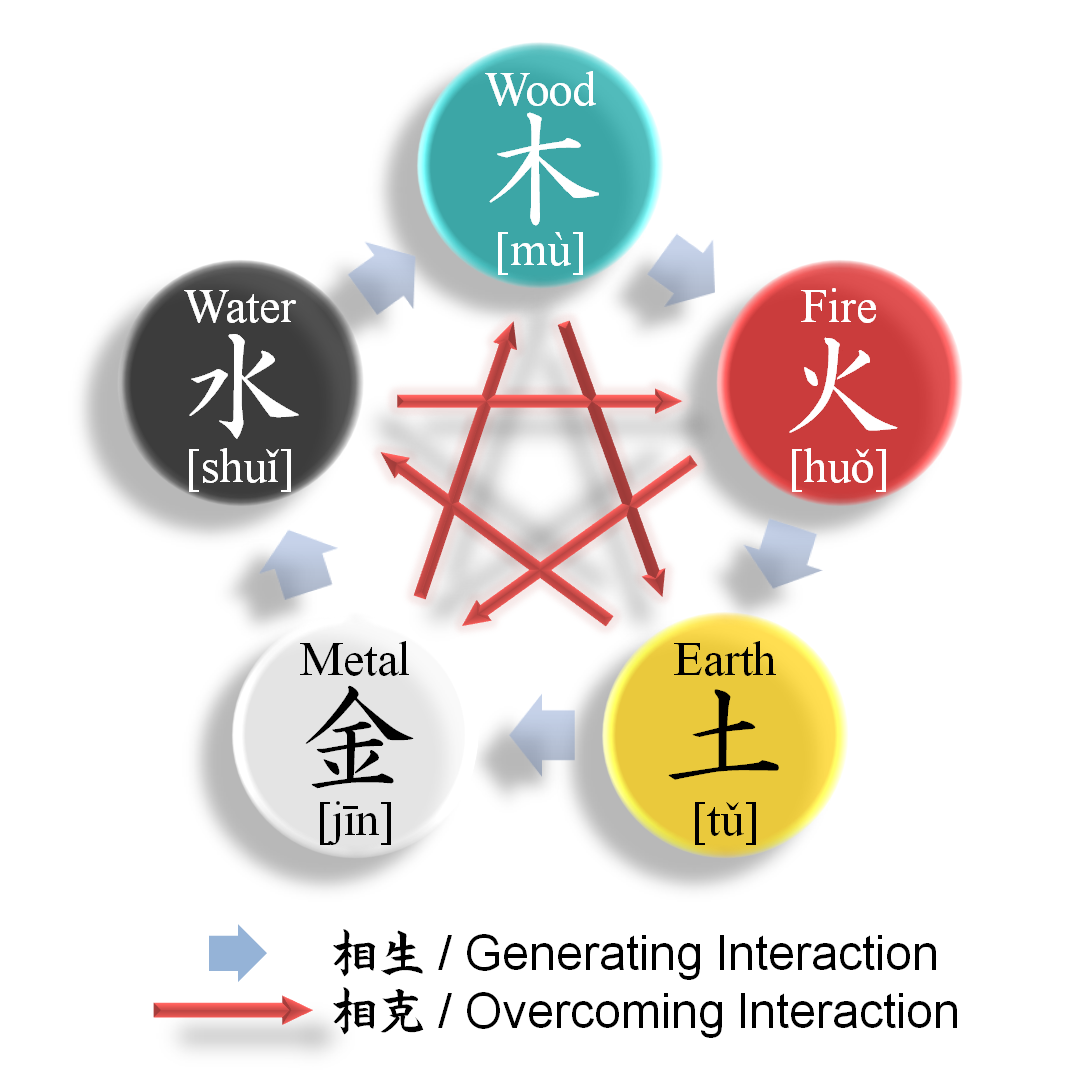In the olden times, there was alchemy. The alchemists sought after ways to turn common metals into nobles ones, to turn lead into gold. They worked day and night to perform experiments. They wanted to craft the elixir of immortality, they wanted to create the philosopher's stone. Although, it sounds like a fantasy, it really existed. The secret of eternal life was never discovered and the way to turn lead into gold was never learned, however a lot of the techniques invented by alchemists are still used in chemistry.

The Secret.
Alchemy was a philosophical and protoscientific practice whose aims were included the invention of panacaes to cure any disease, and the creation of alkahest, a universal solvent that could dissolve even gold. Alchemists tried their best to succeed in any of these aims, but it isn't possible to defy the laws of nature. Today, alchemy is considered to be a fundamentally philosophical and a spiritual practice, with some even going as far as labeling it as pseudoscience right there with astrology. Although the chemists couldn't transmute common metals into gold and find the cure to all of the diseases in the world, yet they invented such techniques and instruments that helped the formation of modern chemistry.

During the lifetime of Sir Isaac Newton, chemistry was still developing. He himself dabbled in the alchemical work. It is said that he done extensive amount of alchemical research most of which was lost in a fire. He wanted to create the philosopher's stone. A material which turns base metals into gold. He believed that the alchemical demonstration that showed a growth of silver from solution, Diana's Tree, was evidence that metals had a sort of life in them. These works of Newton are thought to be much longer and are even associated with occultism nowadays.
He was fascinated about these concepts of alchemy, and the biblical interpretation of the apocalypse, predicting in 1704 that the world will end in 2060.
Wu Xing

Wu Xing is a Chinese conceptual scheme that was used by the Chinese to explain the various things in the universe, like the interaction between internal organs and even cosmic cycles. According to Wu Xing, there are five base elements: Wood, Earth, Water, Fire, and Metal.
The concept of Wu Xing came to maturity in the first or second century BCE during the Han dynasty. It was used to describe various phenomena and their interaction and is still used today in some forms of chinese medicine and martial arts.
The Wu Xing theory tells us that the cosmological system mirrors the five phases of Wu Xing.
- Wood/Spring: a period of growth
- Fire/Summer: a period of brimming
- Earth: The in-between transitional seasonal periods
- Metal/Autumn: a period of harvesting
- Water/Winter: a period of retreat
This interaction between various aspects of nature can be destructive or expansive. The Feng Shui practitioners based all of their practices upon the Five Phases of Wu Xing.
So, where does Steemit fit in?
The (Al)chemical Formula to Steemit

The (al)chemical formula to success on Steemit demands two things: Time and patience. Sure, you can get "lucky" from time to time in getting your post to the top, but to really feel like you've accomplished something and feel proud to see your post on the top would be a little different thing.
Whatever you post, it must be written by HEART. I'm not talking about the bullshit by-heart, I'm talking about time, effort and hardwork. Blood, sweat and tears.
The base ingredient of a successful post on Steemit is a concrete idea. I really can't stress the importance of this one thing enough. If you don't have a concrete idea and decide to copy others, then that's not going to do well for you. There's nothing wrong in being inspired by others, however there's everything wrong with plagiarism.
The idea has to be one which is engraved into your heart and embedded into your brain. You must master the core of the idea. You should be educated about topic enough that you can write continuously about it and if needed, you can even debate the topic with others. The idea and the topic makes or breaks the post. Think about the topic yourself. Does it add value to the platform? Is it interesting to every average person who blogs on and uses Steemit? If it does all of the above and more, then by all means go for it.
Having a concrete idea is the half-way to success. The other half-way requires time, patience and good writing.
Good writing is like the Philosopher's Stone. Even if the idea is not that interesting, the writing should be interesting and enthralling. Enough to keep eyes on the story. This turns the average idea into the golden one, much like how the philosopher's stone is supposed to turn lead into gold. Refining the writing and the idea is also important because without it, the whole post feels dull. It's like an un-carved, un-refined diamond.
Much like the Five Elements of the Wu Xing system, there are Five Aspects of a successful post on Steemit:
- A fascinating idea
- Visualizing the idea.
- Such writing that complements that idea
- Refining the core idea and the writing of the post
- After all that is done, the last step is to read the post as you think a reader would and then publishing it.
It's possible that I might have missed something out, but this is my analysis of how hard it is to get you post on the front page of Steemit. The Five Aspects seem pretty easy to do, but trust me, to fully grasp the concept, to visualize it, and then to implement it into your post is on a whole new level.
